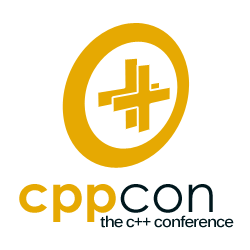CppCon 2015 Compile-time contract checking with nn--Jacob Potter
 Have you registered for CppCon 2016 in September? Don’t delay – Registration is open now.
Have you registered for CppCon 2016 in September? Don’t delay – Registration is open now.
While we wait for this year’s event, we’re featuring videos of some of the 100+ talks from CppCon 2015 for you to enjoy. Here is today’s feature:
Compile-time contract checking with nn
by Jacob Potter
Summary of the talk:
Tony Hoare called null pointers a “billion-dollar mistake”, but nearly every language in wide use today has them. There have been many efforts to reduce the risk of nulls creeping in where they shouldn't be, but most involve attributes or annotations rather than being part of the type system itself. Can we do better? C++'s customizable value types make it possible to solve this sort of problem.
In this talk, I’ll present a non-nullable pointer wrapper, `nn`, that’s found wide use in Dropbox’s C++ code. This helper lets us use the type system to track pointers that can't be null, and express and enforce contracts at compile time. I’ll go into some depth on the template trickery needed to make things “just work”, the toolchain bugs we found along the way, and how this tool has helped us improve our code.

 This article changed my vision about exceptions:
This article changed my vision about exceptions: Have you registered for CppCon 2016 in September?
Have you registered for CppCon 2016 in September? 
 Have you registered for CppCon 2016 in September?
Have you registered for CppCon 2016 in September?